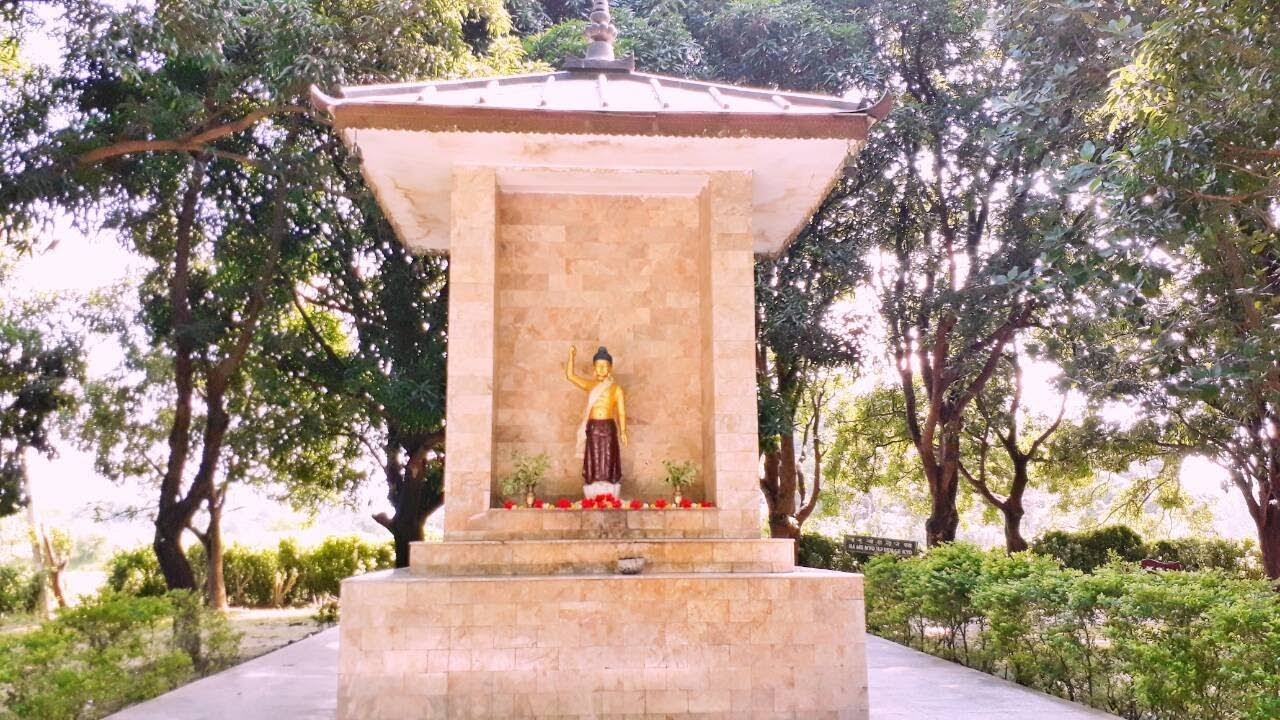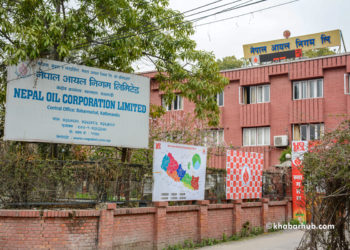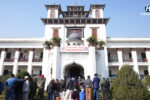KATHMANDU: The Department of Archeology has initiated an extensive excavation at Panditpur, a significant historical site in Ramgram-18, West Nawalparasi, following the discovery of structures believed to date back to the sixth century.
The 21-day excavation comes after a geophysics survey revealed a round-shaped archeological structure, sparking renewed interest in the area’s historical significance.
Senior archeological officer Bhaskar Gyawali confirmed that the excavation is focused on uncovering and preserving this ancient find.
Panditpur, traditionally identified as the capital of the ancient Koliya state and the maternal home of Buddha’s mother, holds immense archeological and cultural value.
Earlier excavations conducted between 2010 and 2014 excavated eighth-century artifacts, including utensils, a pond, and bricks, providing glimpses into the region’s historical grandeur.
Mayor of Ramgram, Dhanapat Yadav, noted that the federal, provincial, and local governments have collaboratively allocated the necessary funds to support the excavation.
The findings are expected to deepen understanding of the Koliya state’s legacy and its connection to Buddhist history.
As the excavation progresses, scholars and archeology enthusiasts eagerly await potential revelations that could further illuminate Nepal’s ancient heritage and its pivotal role in the Buddhist world.









Comment